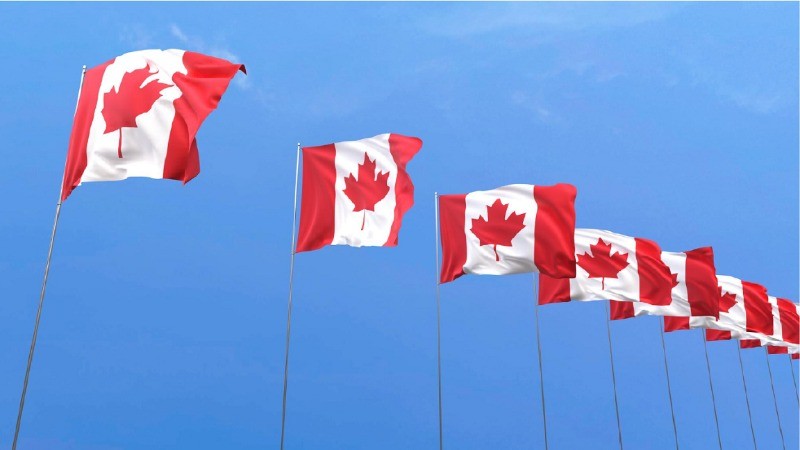
Canada’s recent overhaul of its immigration policy, spearheaded by Prime Minister Justin Trudeau, has significantly impacted the nation’s higher education landscape. The move, intended to address housing and social service strains, has sent ripples across colleges and universities that rely heavily on international students.
Immigration Reforms and Their Implications
Trudeau’s government introduced a cap on foreign student permits earlier this year to manage record population growth. This measure, coupled with tightened regulations on temporary workers and reduced permanent residency targets, aims to alleviate housing and job market pressures. However, experts warn that drastically reducing temporary residents may be unrealistic, given the heavy reliance of various sectors on international talent.
The education sector, one of the first to face the brunt of these changes, is grappling with significant challenges. A year ago, Canada’s colleges were thriving, with record-high enrollments of international students. Today, institutions in Ontario—home to the largest population of foreign students—are facing budget deficits, job cuts, and program suspensions.
Colleges Feel the Pinch
The situation is particularly dire for smaller colleges. In Toronto’s suburbs, institutions like Sheridan College have suspended dozens of programs and cut staff to balance budgets. Mohawk College announced plans to lay off hundreds of employees, while Seneca Polytechnic closed a campus dedicated to international students. Private institutions like Ace Acumen Academy are struggling to survive without fresh enrollments.
John Wu, the CEO of Ace Acumen Academy, described the situation as dire, expressing concerns over the government’s stringent measures. “We’re dying. It’s heartbreaking to see the future of our institution in jeopardy,” Wu said, adding that while some colleges exploited the foreign-student system for profit, the blanket policy changes have been too harsh.
Economic Ripple Effects
Beyond the education sector, Trudeau’s immigration reforms are expected to impact the broader economy. Business groups warn that reducing the workforce could lead to labor shortages, lower economic output, and increased wage pressures. The Bank of Canada, meanwhile, has taken measures to counter these effects by accelerating interest-rate cuts.
Despite these challenges, Immigration Minister Marc Miller defended the reforms, emphasizing their temporary nature. He argued that the changes are necessary to restore balance to Canada’s immigration system and address the exploitation of foreign-student programs.
International Student Caps and Enrollment Declines
The cap on student visas has already led to a sharp decline in new permits. In the second quarter of this year, the number of study permits issued fell by more than half compared to the previous year. Small private colleges, which often partner with public institutions to attract foreign students, have been hit hardest.
This policy change has also disrupted smaller communities dependent on these partnerships. For instance, Ace Acumen’s collaboration with St. Clair College in Windsor brought significant economic benefits to the region. However, with no new students enrolling, such benefits are at risk.
Uneven Impact Across Institutions
While some colleges like Conestoga have managed to weather the storm, others are struggling. For example, Fanshawe College reported a 47% drop in international student enrollment for the upcoming semester, forcing it to reevaluate its strategies.
Meanwhile, students already in Canada are facing difficulties finding jobs and housing. Many international students, like second-year student Lovekiran Kaur, are struggling to secure part-time work, while others, such as Harpreet Singh, face high living costs despite working low-wage jobs.
Canada’s Reputation at Stake
The restrictions have also tarnished Canada’s reputation as a leading destination for international students. Universities, which contribute an estimated C$45 billion to the economy annually, are experiencing enrollment declines. “A real sense of uncertainty has taken hold of the international education system in Canada,” said an education expert, warning that many prospective students are now looking to other countries.
The Human Cost
For individuals like instructor Munira Mistry, the policy changes have been devastating. A former international student herself, Mistry had hoped to build a life in Canada but now faces job insecurity as colleges reduce staff. “The government is only looking at us as liabilities, not assets,” she said, emphasizing the potential value immigrants bring to Canada.
While the government remains firm on its reforms, the fallout from these measures is reshaping Canada’s education sector and economy. With the international student population declining sharply, questions remain about the long-term impact on the country’s global standing and economic resilience.
MORE TO READ: